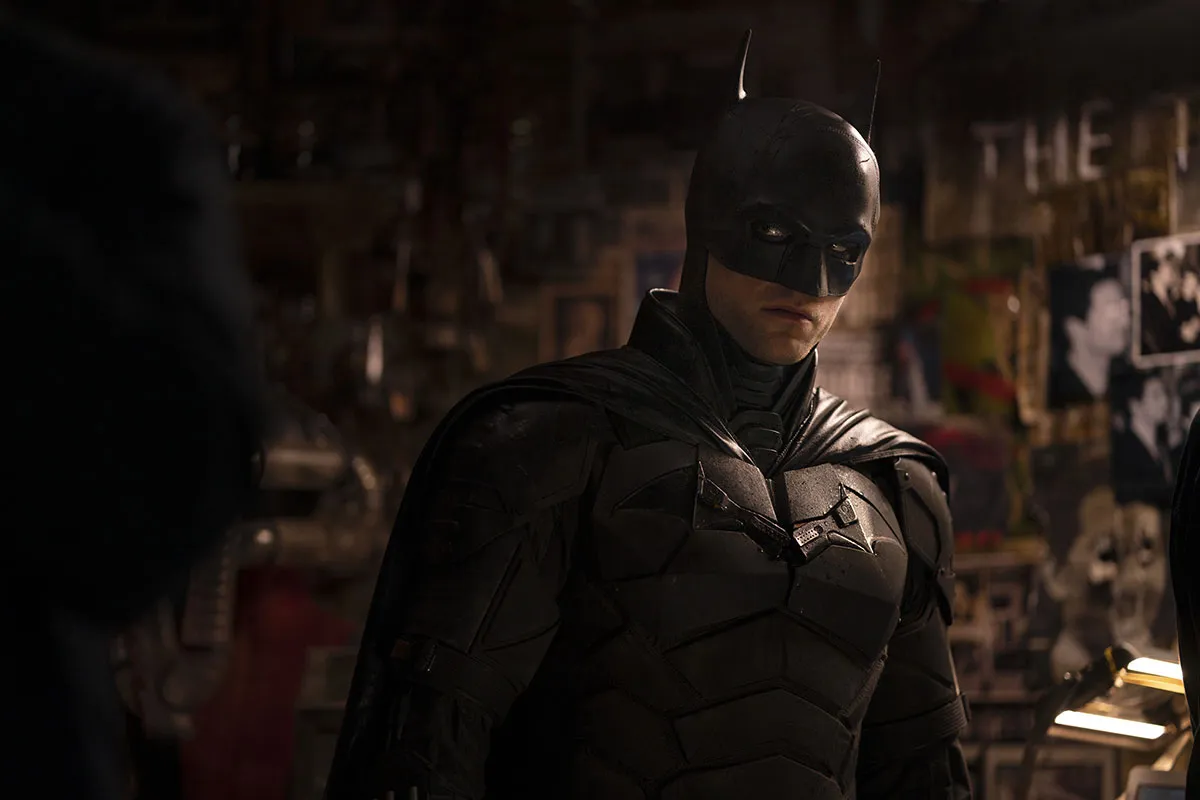With no superpowers to speak of, Batman is often held up as one of comic books’ more realistic heroes. He does not possess super strength, nor can he fly or shoot lasers out of his eyes. He’s just a simple traumatised man with a simple crimefighting dream – and billions of dollars.
In theory, this should make him the easiest superhero to aspire to, but according to neuroscientist and martial arts expert E Paul Zehr, author of Becoming Batman: The Possibility Of A Superhero, the caped crusader is not as ordinary as he looks…
Physical fitness
If Batman was real, he would be the greatest athlete who ever lived. “He’s a NASCAR driver, a super strong fighter, an acrobat, skilled in free-climbing and parkour,” says Zehr. “But it’s impossible to be a master of all those things. It’s why a marathon runner looks different to a power lifter – on a physiological level those disciplines are pulling you in different directions.”
According to Zehr, it would take almost 18 years to achieve Batman’s physical aptitude, and he would need to eat at least 4,000 calories a day to maintain it.
Skills
But those 18 years would not consist of just working out. Batman does not kill or use guns. It takes a lot of skill and training to fight without fatally injuring people.
“When you’re in a physiologically stressful situation, your motor skills go down,” says Zehr. “Batman has to perform in the most demanding situations possible without the compromised motor skills that would lead to him accidentally killing someone. That takes a lot of work.”
Injuries
It won’t be the Joker who eventually takes down Batman, but his gruelling collection of injuries. “You’ve got someone who is constantly picking up knocks from fighting,” Zehr explains. “Thousands of small repetitions and stresses can lead to failure.
"He’s probably going to have tendonitis and arthritis. He will pay for his head injuries too. Eventually he’s going to be so depleted by chronic injuries he’s gonna be like an athlete who can’t compete any more.”
But surely his suit would protect him? “Even if you’re shot while wearing Kevlar, that’s still going to break bones.”

Sleep
By day, he is billionaire playboy Bruce Wayne; by night, he is a man who dresses up as a bat. But when does that leave him time to sleep? “Folks who are habitually sleep-deprived suffer from a reduction of cognitive flexibility,” says Zehr. “Their critical thinking skills are not as good; they have memory issues.”
Batman could take microsleeps, but that would only be a short-term strategy. “All kinds of organ systems, including spinal cord excitability for reflexes, are tied to a circadian cycle based on daylight,” he says. “We’re animals. And as animals, we go to sleep when it’s dark out.”
Secret identity
Being Batman involves more than just punching mentally ill people – it means keeping your identity a secret. This, says Zehr, is difficult not only from a practical perspective, but also a neuroscientific one. “From brain imaging, we know that it’s easier for you to tell the truth. It involves less activity in different places because when you’re lying, you’re thinking about the lie and the thing that’s the truth.
"For somebody like Batman, that becomes a big problem because there’s already so much effort everywhere else. It becomes hugely draining.”
Verdict: His sleep-deprived schedule and countless fights with thugs would leave him too knackered to keep Gotham safe.
- This article first appeared in issue 374 ofBBC Science Focus Magazine–find out how to subscribe here
About our expert, Dr E Paul Zehr
Dr E Paul Zehr is a professor of neuroscience and kinesiology and is currently the Director for the Centre for Biomedical Research at the University of Victoria, Canada. Paul heads the Rehabilitation Neuroscience Laboratory and authors the blog Black Belt Brain.
Read more fromPopcorn Science: